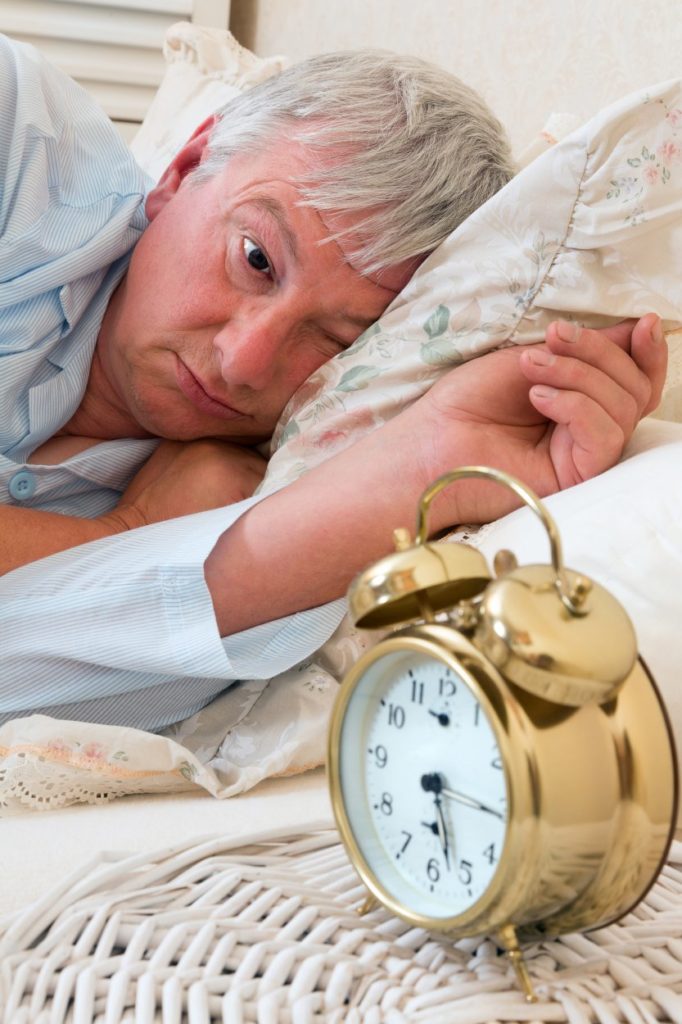Is Your Age Keeping You Awake At Night?

Your ability to function normally and effectively during the day is greatly dependent on a good night’s sleep. Adequate sleep enables your body to rest and rejuvenate itself, and like food and water, sleep is essential for good health and your overall well being. Getting that good night’s sleep might however seem unattainable, especially as you age and your sleep patterns change.
Half the seniors over age 65 suffer from some sort of sleep disorder such as insomnia, sleep apnea or restless leg syndrome. The recommended amount of sleep required for seniors is an average of 8 hours per night, although an undisturbed, restful night is out of reach for many. Physical or mental circumstances often play a role in adjusted sleep patterns which can include side effects from medication, a physical illness which keeps you awake at night, stress which can stem from things such as financial worries or social changes such as death of a loved one.
Health disorders such as reflux, depression, pain from cancer, Parkinson’s and dementia also affect a person’s sleep. However, the most common sleep disturber, is waking to go the bathroom several times per night as a result of incontinence in menopausal women and prostrate issues in older men. Besides having a difficult time falling back to sleep again, getting out of bed in the dark increases a senior’s risk of falling.
Poor quality of sleep can cause daytime sleepiness, lack of energy and lethargy in older people, as well as confusion, poor performance of tasks and difficulty concentrating. Daytime napping makes it harder for seniors to fall asleep at night and other bad habits such as not exercising enough, not being exposed to adequate sunlight by staying indoors too much and drinking alcohol at nighttime also affects the sleep routine.
Short-term insomnia can be relieved by certain lifestyle changes. They are as follows:
- Reducing stimulants such as certain over-the-counter drugs, alcohol and caffeine
- Going to bed the same time each night and waking at the same time in the morning can help your body slot into a healthy sleep routine
- Healthy bedtime habits such as taking a warm, relaxing bath, listening to music or reading a book helps the body switch into a calm mode, conducive for sleep.
- Make sure your room is a sleep friendly environment. It should be quiet, well ventilated and dark; light interferes with the production of melatonin – a sleep-inducing chemical produced by the brain.
By following the above steps and keeping yourself busy and active during the day, short-term insomnia can be eradicated and the quality of your sleep enhanced in order for you to get the best night’s sleep possible.